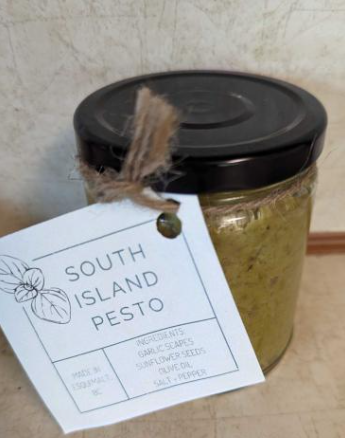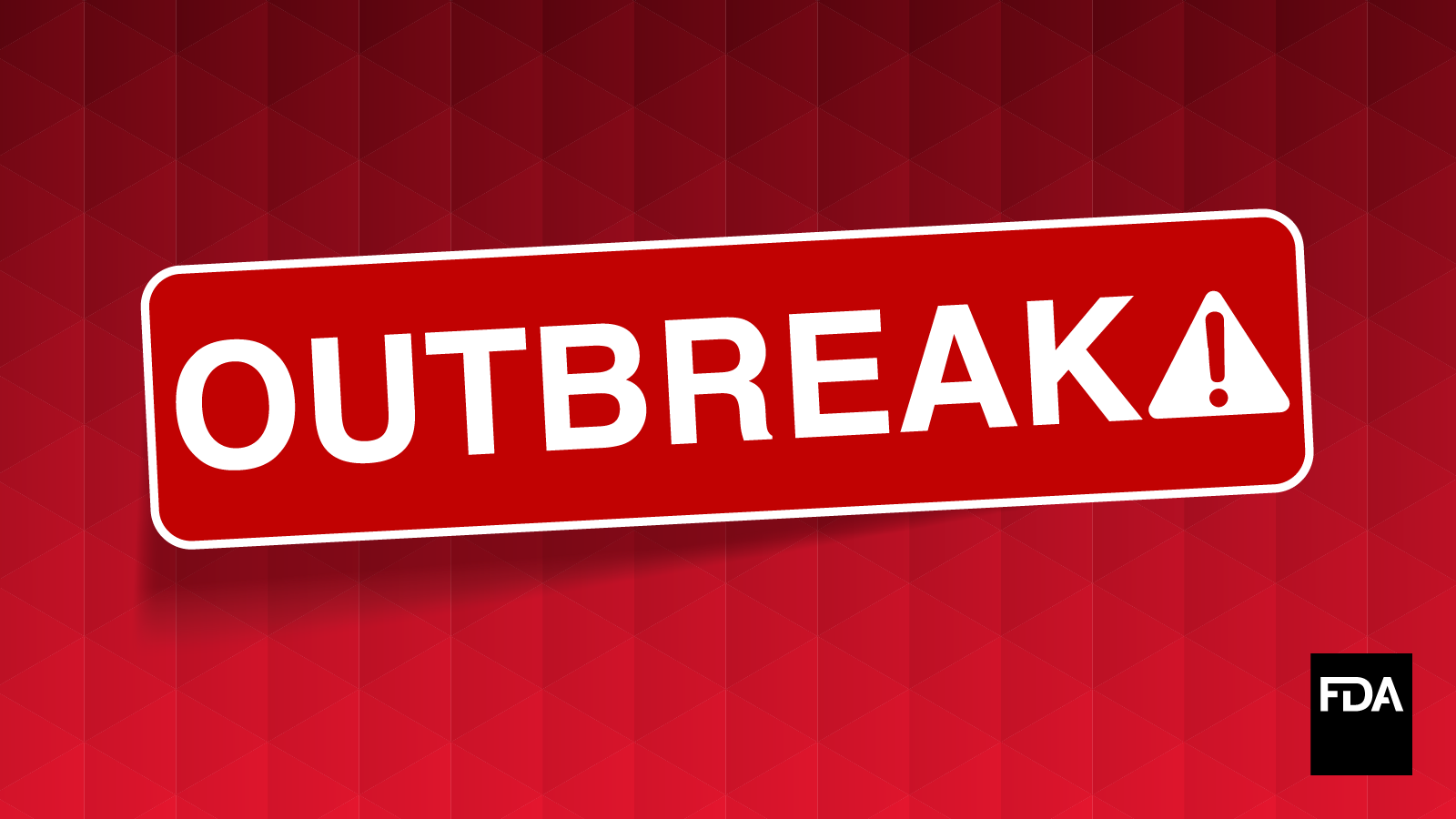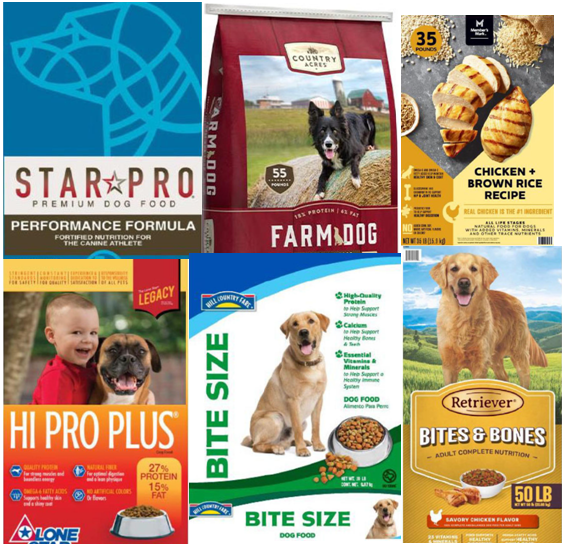In collaboration with Canadian and U.S. state and local partners, the FDA and CDC are investigating an outbreak of Salmonella Sundsvall infections. Based on epidemiological data collected by CDC, 15 of 29 cases report exposure to cantaloupe. WGS analysis shows that clinical isolates from the ill people in Canada are genetically related to the ill people in the United States. Canada has linked illnesses to imported cantaloupes sold under the label “Malichita.” Therefore, the FDA recommends that consumers, restaurants, and retailers not eat, sell, or serve recalled cantaloupe. The products causing the outbreak are from three brands: (i) Whole fresh cantaloupes with a label that says “Malichita,” “4050”, and “Product of Mexico/produit du Mexique” sold between October 16 and October 23. (ii) ALDI cantaloupe, cut cantaloupe, and pineapple spears in clamshell packaging with Best-by dates between October 27 and October 31. (iii) Vinyard cantaloupe chunks and cubes, fruit mixes, melon medleys, and fruit cups containing cantaloupe. Most have a “Vinyard” label, and some have a red label with “Fresh” sold between October 30 and November 10 in Oklahoma stores. Recalled cantaloupe was sold at retail stores in Arizona, California, Maryland, New Jersey, Tennessee, Illinois, Indiana, Kentucky, Michigan, Oklahoma, Wisconsin, Texas, Florida and Canada. This list may not include all states as the cantaloupes could have reached consumers through further retail distribution. The cantaloupes cause 43 illnesses and 17 hospitalizations, with no death. States with Cases: AZ, CA, GA, IL, KY, MD, MN, MO, NE, OH, OK, TX, VA, WA, and WI. @ https://www.fda.gov/food/outbreaks-foodborne-illness/outbreak-investigation-salmonella-cantaloupes-november-2023?utm_medium=email&utm_source=govdelivery



